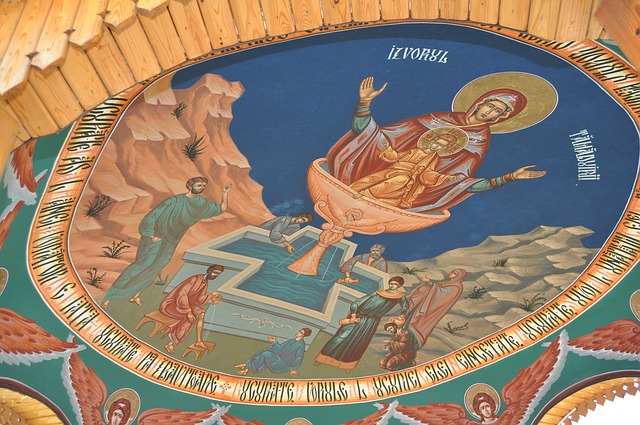I just finished my first semester at UP Diliman for my Educational Psychology Masters course.
No one could be happier than my number one supporter-my dear wife. She thought I could finish the course in less than two years but learning that it could actually take me more than four years, she pouted her lips in dismay and told me to immediately ‘end this foolishness’.
I still have a long way to go, and my very first subject at UP has set the tone for everything and helped me decide to continue and not take my wife’s advice for I know she can’t be serious.
The subject was philosophical and psychological foundations of education. Convenience in schedule made me take it aside from my fascination of everything philosophy and psychology (two subjects that make me feel intelligent. Oh, please! Forgive me.)
As a Catholic, I know what to expect from an institution as secular as UP so I wasn’t worried about getting ‘indoctrinated’ or ‘brainwashed’ at all. What worried me much was whether I carry enough courage and brainpower to counter what non-believers would say against my faith, so as to defend it on behalf of others.
I was right about my expectations, for the very first professor who will teach me philosophy and psychology as foundation of education was a non-believer. She didn’t explicitly introduce herself as such but with the manner she spoke about religion and the lack of it was implicit enough to be understood that she was.
One day, we were discussing about Scholasticism, the philosophy popularized by St. Thomas Aquinas. The discussion became particularly steaming when someone pressed a hot button and asked whether it is proper to teach religious education in public schools. Our professor politely and passionately expressed her disagreement saying that it is very much against inclusiveness, that non-Catholics tend to be ostracized and even forced to undergo a class period against her will or faith for that matter. While it is understandable to expect religious education in private schools, there should be no room for it in public schools, she added.
My usual reaction with this kind of discourse is to play disinterested or even uninterested hoping that another Catholic present would stand up and speak in defense of the faith. Then I felt the discussion was becoming a bit lopsided in favor of secularism and was afraid that there was no “another Catholic” present ready to join the debate. Most only seemed to follow along the line, my seatmate, a Catholic, don’t want to bother engaging into a possible debate.
Luckily the same person who asked the question was the reporter who made mention of the provision in the constitution allowing for religious education if parents would request it. I responded (the usual near to type A person that I am) saying that since majority of students in the public schools are Catholics, and with an assumption that Catholic parents did request for it, the Church has to perform its duty of instructing its children in the faith, because no one else would if she doesn’t. I also attempted to somewhat balance the discussion by inviting the class’ attention to the good and valuable contributions the church has afforded humanity. I know my argument was not enough to win people to my side but I noticed my professor hastily concluding the discussion a bit uncomfortable about having a ‘divergent’ among the class.
It is hardly surprising to find someone in a “godless” university passionately antagonistic to religion. What astounded me was finding out that while many of my classmates are Christians, most would settle to the usual bleacher approach (much like the initially uninterested observer me). Many choose to remain silent to avoid the nuisance of debating with someone more knowledgeable. Some would feign agreement so as not to lose favor from authority, the professor, in this case.
Yet discussions like these are opportunities for Christians, Catholics in particular to bear witness of their faith. There are real atheists out there who literally are out to destroy religion by trying to dishearten and embarrass believers (my professor, in fairness is not this kind). Atheism is really becoming vicious that silence is no longer an intelligent option for believers.
On the other hand, the question proffered by my classmate poses a valid challenge to the Philippine church as well. In the near future, someone else (perhaps a communist DepEd Secretary or an atheist president) would pose the same question – why teach religious education in public schools? And the church must find better ways of defending her ground.
Or better yet, the church must look into the matter more closely; find a better, more creative way of more profoundly evangelizing the faithful as to make Catholics ready to fight atheism.


Quite the heroic narrative you have here.
LikeLike